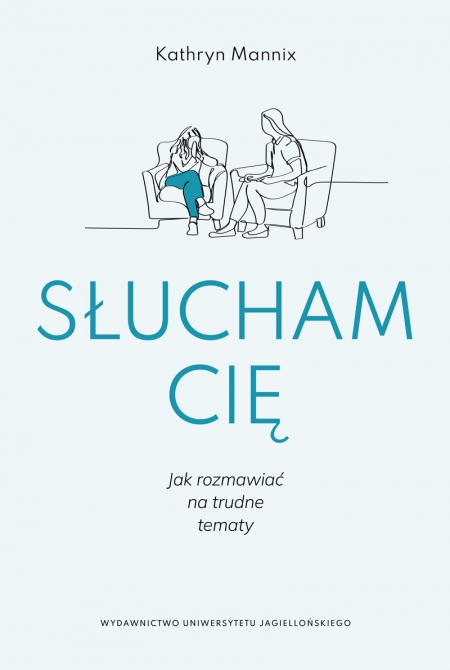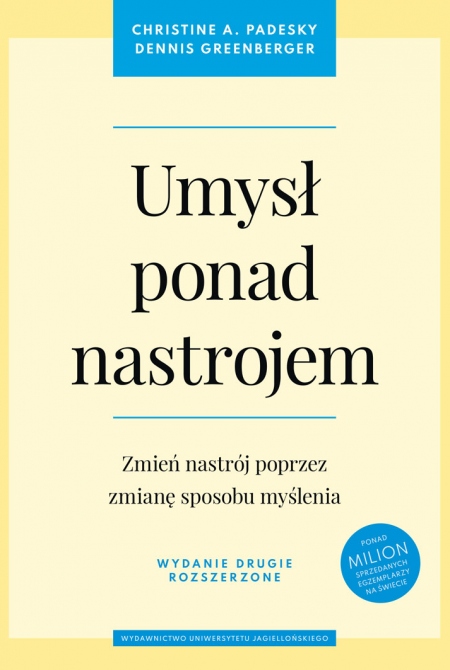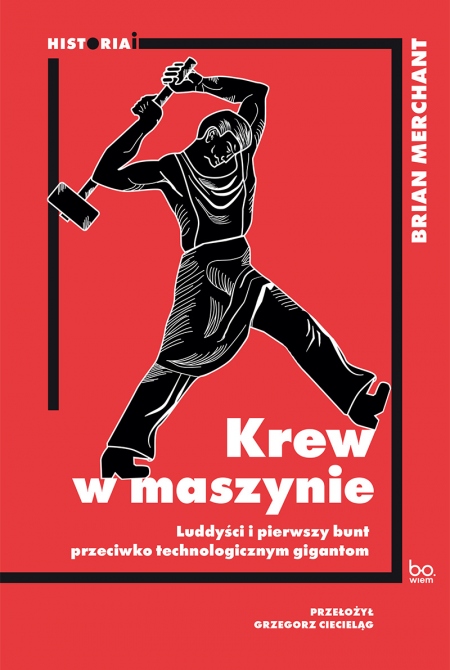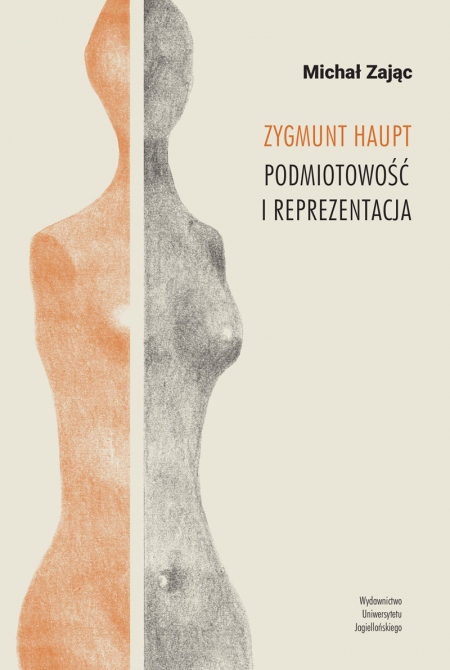
Comparative Literature
Literary Studies – Cultural Studies
Translation: Lindsay Davidson
Pages: 304
Book format: B5
Publication date: 2018
Release date: 10.04.2019
Book description
This book is an attempt to diagnose the condition of (post)modern comparative literature and to formulate its role in the media society in a multicultural world. I review the current situation of an “indiscipline” in the widest possible perspective, taking into account both the first concepts from the nineteenth century (including proposals from the French comparative literary scholars, Goethe’s idea of Weltliteratur, the institutional work of H. Von Meltzl), as well as the latest concepts from the comparative literary scholars from Western Europe and the United States (including G. Steiner, S. Bassnett, G.Ch. Spivak, E. Apter, D. Damrosch). The history of the formation of the main trends of comparative literary studies is explained in manners including the use of metaphors: the Eiffel Tower, the World Trade Center and the Tower of Babel. Tackling the variety of proposals from comparative literature scholars as well as proposals from researchers into intermedial and intercultural phenomena leads us to a new look at comparative literature, and effect comparative literary studies (a new paradigm of thinking under the banner of cultural comparative literature is related first and foremost with the departure from former ethno- and Eurocentrism). As a result I understand modern comparative literature not so much as a further extended area of the issues and unlimited expansion of the institutional dimension, if as a result of thinking that enables us to “decolonize ourselves” in today’s world but more as the interpretative practice embedded in everyday life. The intercultural perspective opens new horizons for comparative literary studies in the twenty-first century
Authors
Andrzej Hejmej
Translation
Lindsay Davidson
ISBN: 978-83-233-4439-1
Country of producer: Poland
RECOMMENDED BOOKS
65.00
zł
52.00
zł
NEW BOOKS

Choose chapters to buy:
Order value:
0.00 zł























